This time, we are once again turning our attention to a true master of soundtracks—and of jazz music.
In the previous column, I wrote about the music of Lalo Schifrin, the legendary film composer and renowned jazz pianist. Born in Argentina, Schifrin’s music is deeply infused with South American influences.
Today, I would like to focus on another musician. Perhaps he’s not Schifrin’s opposite, but certainly someone with a very different background. This time, we are traveling to Paris, France, to explore the work of Michel Legrand. Like Schifrin, Legrand is both a world-renowned jazz musician and a master of film scores.
Interestingly, Schifrin also studied music in Paris, but perhaps one cannot change the blood that runs through their veins. Their musical styles are quite distinct. While it’s not a matter of which is better, I think many would agree that the difference is unmistakable.
And yet, there is one thing they absolutely share:Their common language is jazz.
Michel Legrand: A Musical Master with 3 Academy Awards and 5 Grammys
Born in France in 1932, Michel Legrand was a pianist, composer, and arranger whose legacy spans jazz and film music alike. His contributions to the world of jazz were especially remarkable. He even collaborated with the legendary Miles Davis and released recordings that showcased his deep musicality.
In fact, in 1958, at just 26 years old, Legrand recorded what would become a landmark album in jazz history. This album was even recognized by Miles Davis himself, and it marked the moment the world truly took notice of Michel Legrand.
From the 1960s onward, Legrand expanded into the world of film scoring. He went on to compose numerous unforgettable soundtracks, including the iconic The Umbrellas of Cherbourg, starring Catherine Deneuve. The film not only became a classic, but it also earned Legrand his first Academy Award, which was a remarkable achievement at just 32 years old.
■ Recommended Album: Michel Legrand – The Thomas Crown Affair (1968)
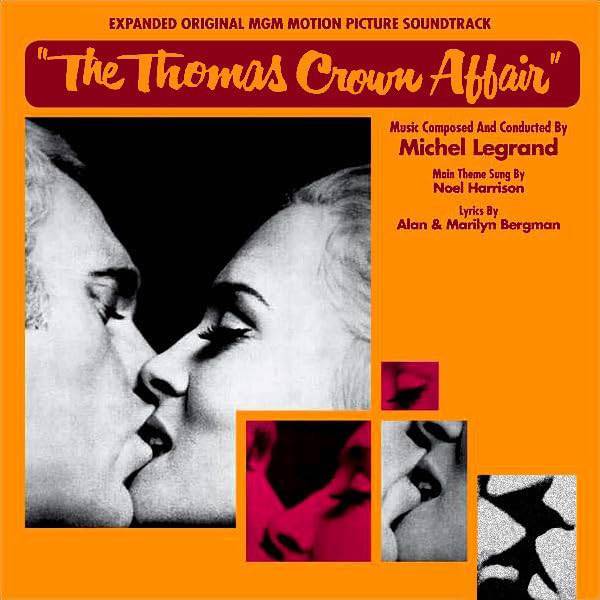
The Thomas Crown Affair, starring Steve McQueen.
I remember watching this film back when I was in junior high. There was a small movie theater called "Kinema" that specialized in foreign films close to my house. Since I loved movies, I often went there on Saturdays and holidays. That’s where I saw The Thomas Crown Affair.
I don’t recall much of the plot, but the music left a vivid impression on me. Or rather, I memorized the music while watching the film. The melody was so simple that even a junior high schooler with no particular musical talent could remember it.
While it might be strange to say that the music was “attached” to the visuals, I remember the scene vividly: birds circling in the sky, accompanied by The Windmills of Your Mind. I say “attached” because, to me, the music, and not the visuals, was the main focus. That’s how dominant the music felt compared to the actual content or imagery. I found it astonishing that such a seemingly simple phrase repeated over and over (sorry Monsieur Legrand!)—could leave such a lasting impression on my mind.
But that’s the power of Michel Legrand’s music. His technique of layering repeated, simple melodies with subtle variations elevates the viewer’s imagination and emotions to another level.
That, I believe, is the magic of Michel Legrand.
This particular piece even went on to win the Academy Award for Best Original Song.
■ Recommended Album: Michel Legrand – Summer of ’42 (1971)
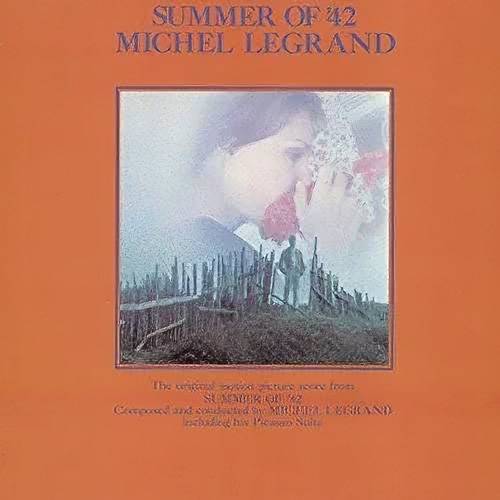
A bittersweet short love story set in the summer of 1942 that’s about a 15-year-old boy spending his vacation with his family on a small island in New England, and his tender feelings for a beautiful married woman who lived there. Directed by the renowned Robert Mulligan, this 1971 film has become a classic.
Michel Legrand won the Academy Award for Best Original Score for this film. Like The Thomas Crown Affair and The Windmills of Your Mind, this piece is built around a simple, beautiful melody that gently repeats throughout the film.
The boy’s innocent yearning is depicted with stunning visuals, and Legrand’s sweetly melancholic melody weaves through it all, wrapping the scenes in emotion.
This work exemplifies the ideal harmony between film and music. It’s a masterpiece that showcases the true power of music through the artistry of Michel Legrand.
■ Recommended Album: Michel Legrand – Never Say Never Again (1983)
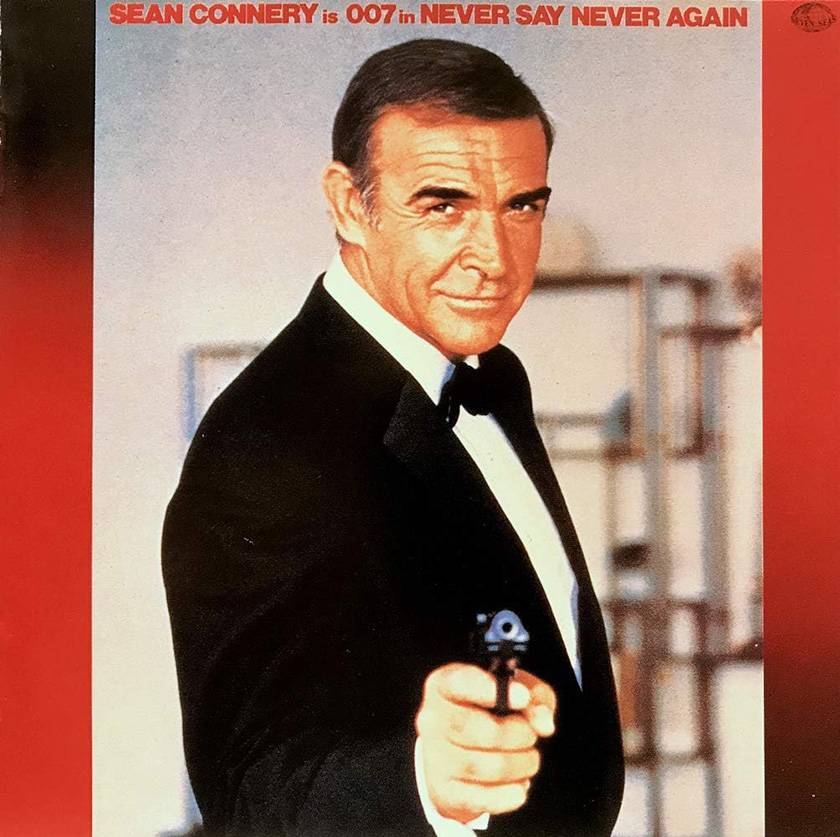
When I first heard the title track of this film, my immediate reaction was, “What is this chorus?!” I checked the credits, and when I saw Michel Legrand’s name, it all made sense.
The chorus melody of Never Say Never Again was powerful in many ways. To put it bluntly, the melodic line had a kind of cheeky, mischievous character. It was almost as if it were toying with the listener. Yet, it was so infectious that once I heard it, I couldn't get it out of my head. For some reason, it gave me this feeling of, “He got me!”
I remember feeling genuinely delighted, as though I had discovered a different side of Michel Legrand.
Above all, it was elegant and imbued with bossa nova flavor with a refined European charm. That, in essence, was Michel Legrand’s music.
■ Recommended Album: Michel Legrand – Legrand Jazz (1958)
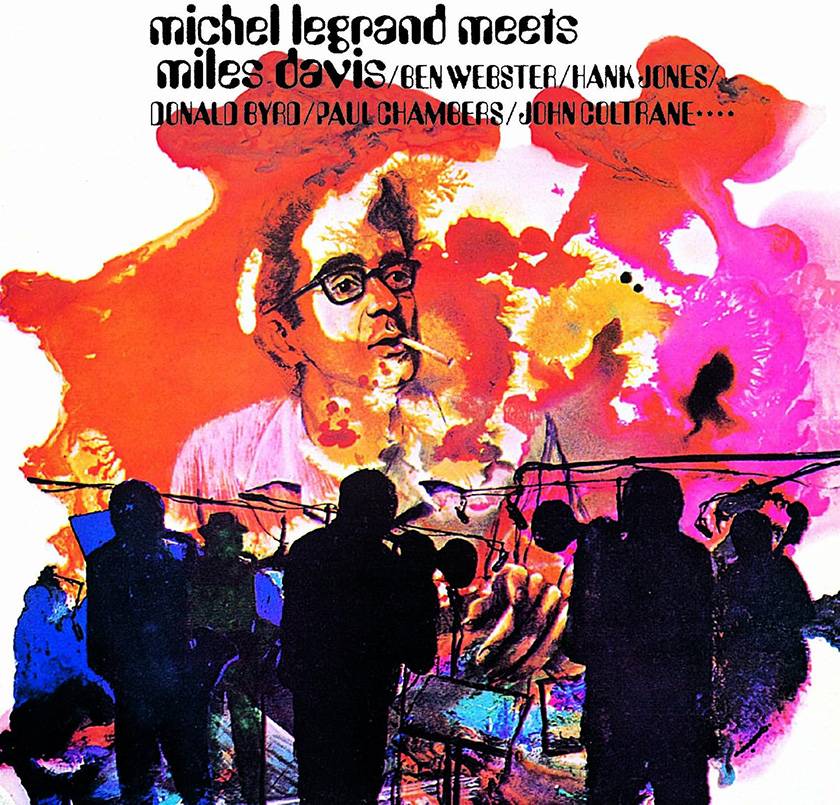
Just looking at the lineup, anyone can confidently say there’s no way this could be bad—it's a performance by absolute legends: Miles Davis (trumpet), Bill Evans (piano), John Coltrane (sax), and Paul Chambers (bass). If you added Jimmy Cobb on drums and Cannonball Adderley on alto sax, you'd have the full lineup for the legendary "1958 Miles" album. This is my favorite iteration of the Miles Davis band.
Bill Evans, who was only with that band for about seven months, plays piano on Legrand Jazz as well.
Michel Legrand used the Miles Davis band on his own album, and he successfully captured and packaged the peak energy of Miles’s golden era into Legrand Jazz. At the time, Michel Legrand was just 26 years old. Handling both arrangement and conducting, his talent bursts through the jazz he created for this album.
Recommended Track: “The Jitterbug Waltz”
When I heard the muted trumpet played by Miles at the beginning, it immediately brought to mind his classic “Fran Dance”. Miles truly excelled at playing melodies like this. He not only plays them well but he also brings out a unique flavor. The arranger must have known this, and choosing to let Miles play the melody right from the start without an intro is nothing short of an arranger’s triumph.
The brilliance of intertwining a cute melodic line with a 4-beat rhythm from the outset, it felt like listening to a daydream filled with both the gentle breeze and sudden storm in Paris.
I’m convinced that what drew out both the refined and jazzy sides of Miles was not just Michel Legrand’s masterful arrangement, but also Bill Evans’ exquisite backing, which highlighted Miles’ sound so vividly.
Featured Musicians, Albums, and Recommended Tracks
- Artists: Michel Legrand, Miles Davis, Bill Evans, John Coltrane, Paul Chambers, and others
- Albums: The Thomas Crown Affair, Summer of 42, Legrand Jazz
- Recommended Tracks: “The Umbrellas of Cherbourg”, “The Windmills of Your Mind”, “Summer of 42”, “Never Say Never Again”, “The Jitterbug Waltz”
The column “sound & person” is made possible by submissions from all of you. For more details about submissions, please see here.








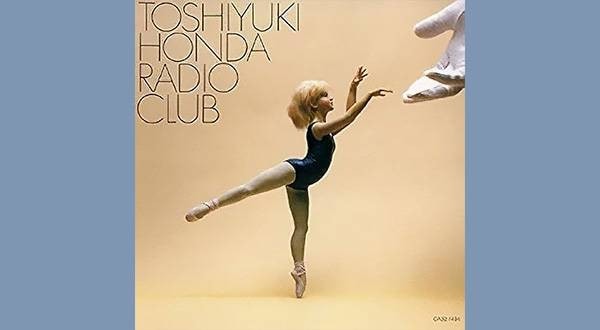


![[Masterpiece Films] Japanese Films You Must See if You Love Japan! 5 Films with Japanese Musical Instruments](/contents/uploads/thumbs/2/2023/3/20230309_2_21640_1.jpg)
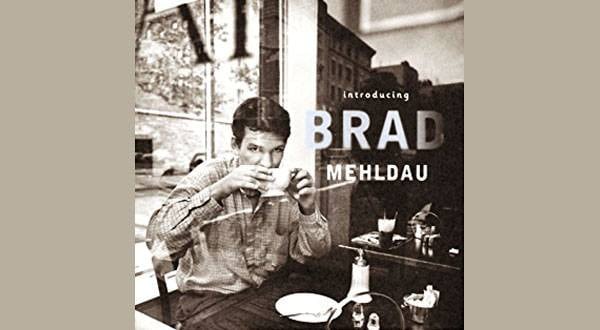
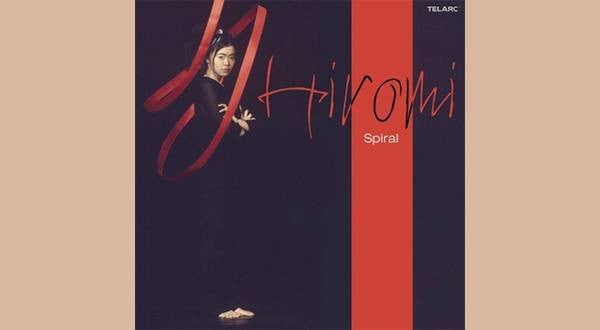

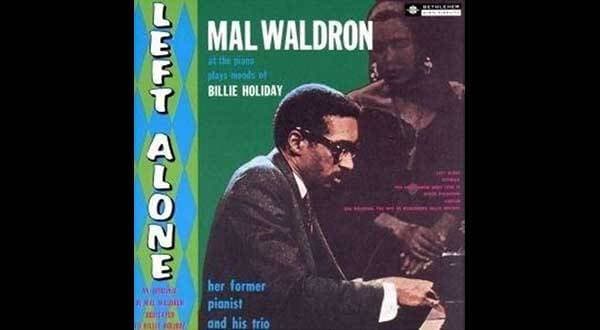
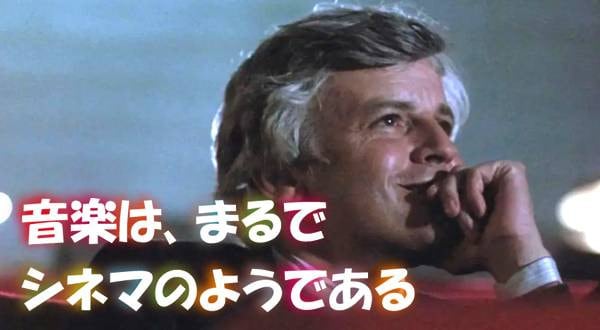
 電子ピアノ デジタルピアノ 入門ガイド
電子ピアノ デジタルピアノ 入門ガイド
 ステージピアノ 入門ガイド
ステージピアノ 入門ガイド
 人気のワイヤレスイヤホン おすすめランキング
人気のワイヤレスイヤホン おすすめランキング
 オーディオテクニカ モニターヘッドホン3機種 徹底分析!
オーディオテクニカ モニターヘッドホン3機種 徹底分析!
 まずは弾いてみよう!楽譜の読み方
まずは弾いてみよう!楽譜の読み方
 ヘッドホン購入ガイド
ヘッドホン購入ガイド















